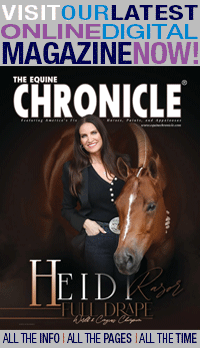Improving the Topline Through Nutrition
December 6, 2020 Comments Off on Improving the Topline Through Nutrition
Muscle forms part of the tissues around these bones, but there is also a generous upper layer of fat both along the back and over the rump. The first cause of diminished coverage to be ruled out is weight loss. This is done by observing the body as a whole for weight loss. In particular, are the ribs less covered by fat? (There is no significant muscular coverage on the ribs.) Does the neck look thinner? If the horse has obviously lost weight in general, this probably accounts for the changes in the topline as well. A calorie count, evaluation of the digestibility of the diet and, if necessary, check for underlying disease states will locate the problem.
Continue reading …NAVC Launches Inaugural Veterinary Hospital Design Virtual Seminar
December 5, 2020 Comments Off on NAVC Launches Inaugural Veterinary Hospital Design Virtual Seminar
“Creating the right environment within the veterinary hospital can decrease stress, increase practice productivity and enhance the overall veterinary visit for pets, their humans and the veterinary staff,” said Dana Varble, DVM and NAVC Chief Veterinary Officer. “While some of the changes in hospital design and construction today are COVID-19 driven, many others are based on accommodating advances in animal medicine and treatment. All reflect a commitment to building a space that enables veterinary professionals to deliver the highest quality care possible for our pets.”
Continue reading …Equine Reproduction Service Updates Facilities at UC Davis Center for Equine Health
December 3, 2020 Comments Off on Equine Reproduction Service Updates Facilities at UC Davis Center for Equine Health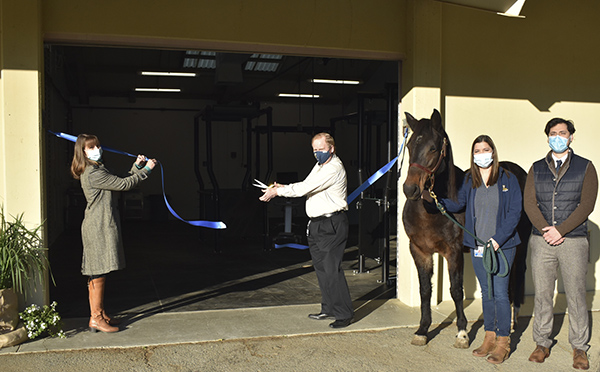
The Equine Reproduction Service provides routine and advanced equine reproductive care, including artificial insemination, ultrasonographic pregnancy diagnosis, fertility evaluation, semen collection and evaluation, transvaginal aspiration of oocytes, and embryo transfer.
Continue reading …Fighting Antimicrobial Resistance
November 28, 2020 Comments Off on Fighting Antimicrobial Resistance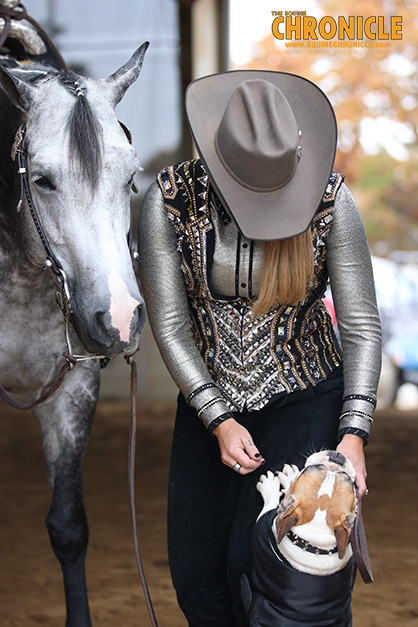
“Pet owners should only give their pet antibiotics when prescribed by a veterinarian. Never use antibiotics from another pet, yourself or those left over from another condition on your pet.”
Continue reading …Equine Surgeon Receives Prestigious Honor
November 27, 2020 Comments Off on Equine Surgeon Receives Prestigious Honor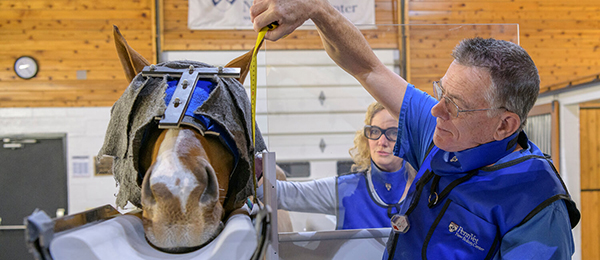
Richardson’s contributions to fostering innovative, cutting-edge equine orthopedic surgical techniques are extensive. From developing uses of locking compression plates in horses and refining procedures to decrease infection associated with surgical implants, to pioneering novel imaging techniques to diagnose, manage, and improve fracture repair outcomes, Richardson has “continued to relentlessly push the field of equine surgery into the future,” added the ACVS.
Continue reading …UC Davis Veterinary Genetics Laboratory Receives Highest Level of Accreditation
November 26, 2020 Comments Off on UC Davis Veterinary Genetics Laboratory Receives Highest Level of Accreditation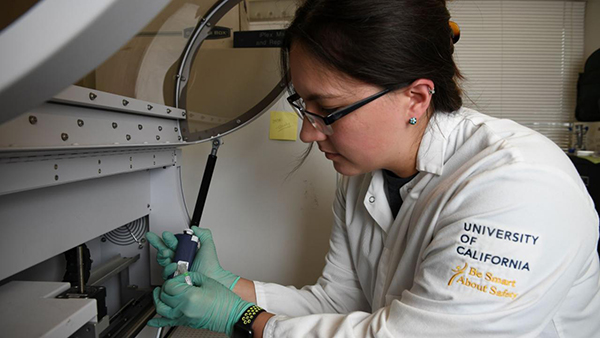
“Earning this accreditation is the result of a dedicated effort by everyone at the Veterinary Genetics Laboratory and is confirmation by an external body that the operations of VGL meet the highest quality standards,” said Christina Lindquist, MS, associate director of forensics and quality manager, who led the laboratories accreditation endeavors. “As part of the accreditation process, ANAB accessors evaluated our procedures and our ability to perform precise and accurate testing, and accreditation means we have met the highest of standards in the industry.”
Continue reading …Pumpkin For Horses on Thanksgiving?
November 26, 2020 Comments Off on Pumpkin For Horses on Thanksgiving?
Pumpkin pulp is a good source of vitamin A as carotene, which gives it that bright orange color. It contains trace amounts of vitamin C, E and all the B vitamins. Sugar and starch level in the pulp is less than 10% but most of that is starch. When feeding to a horse with insulin issues, include thin slices of the fibrous rind and feed mostly the stringy core with seeds. The rind can be fed to all horses although they will instinctively go for the softer portions first.
Continue reading …Penn Vet New Bolton Center, MARS Equestrian™ Research Program to Accelerate Advancements in Equine Musculoskeletal Health
November 25, 2020 Comments Off on Penn Vet New Bolton Center, MARS Equestrian™ Research Program to Accelerate Advancements in Equine Musculoskeletal Health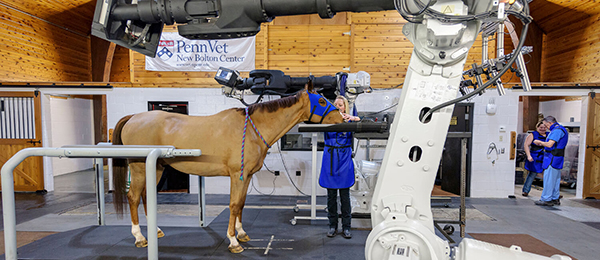
Together with MARS Equestrian™, the University of Pennsylvania’s School of Veterinary Medicine (Penn Vet) has launched an innovative educational research program dedicated to advancing critical frontiers in equine health.
Continue reading …Equine Foundation Pledges Donation to Support Fundraising Initiative for Veterans with PTSD
November 11, 2020 Comments Off on Equine Foundation Pledges Donation to Support Fundraising Initiative for Veterans with PTSD
“The study will look at how the interactions between the horses and humans, sometimes referred to as a “horse/human bond” affect one another,” said Ellen Rankins, Ph.D. Candidate and project lead. “Not only will data be collected during the trial period, we will also follow up with the participants to observe how long these changes are sustained over time.”
Continue reading …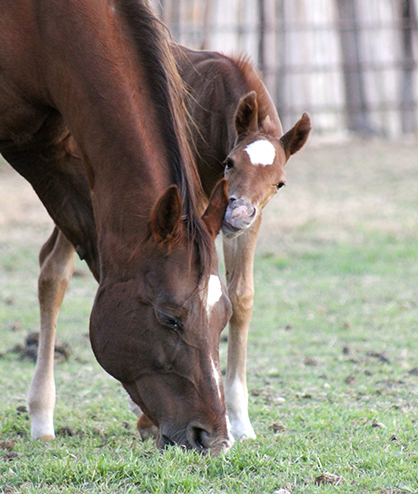
Around the first month of lactation, the energy demand on the mare is at its highest. During this time, it is crucial that the mare is provided with a high enough energy intake to meet her new requirements (nearly double that of a maintenance horse!) and that she receives an appropriate balance of minerals to encourage proper development of the foal. Pasture access is a huge advantage during this time, as it will help keep gut fill problems to a minimum and should naturally provide her with a good vitamin and mineral assortment.
Continue reading …